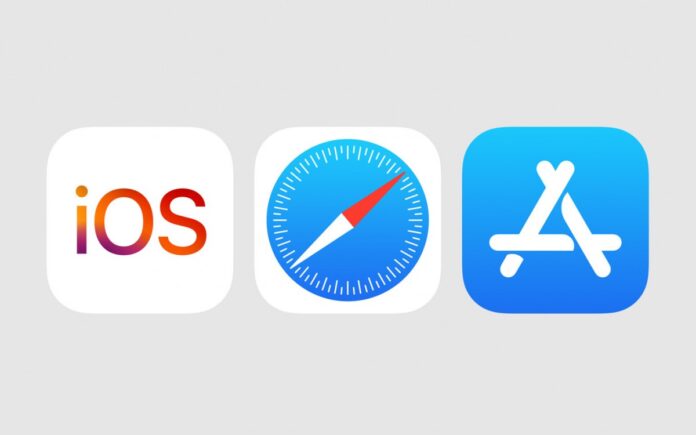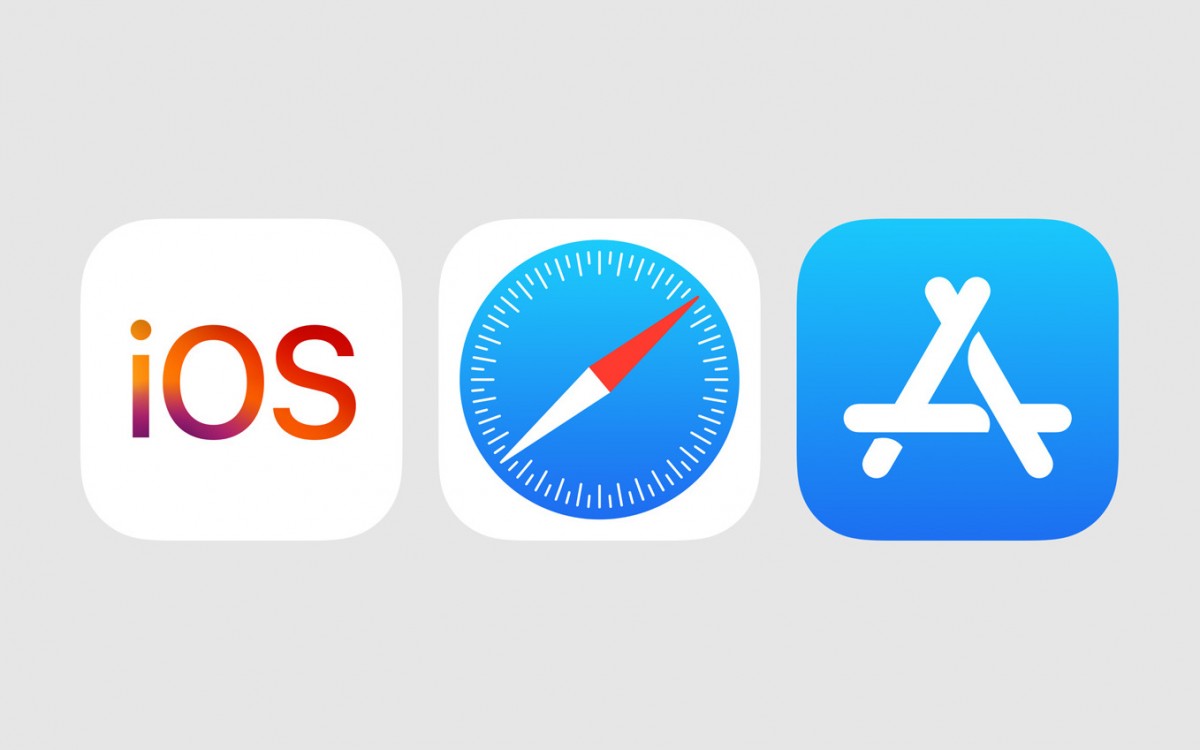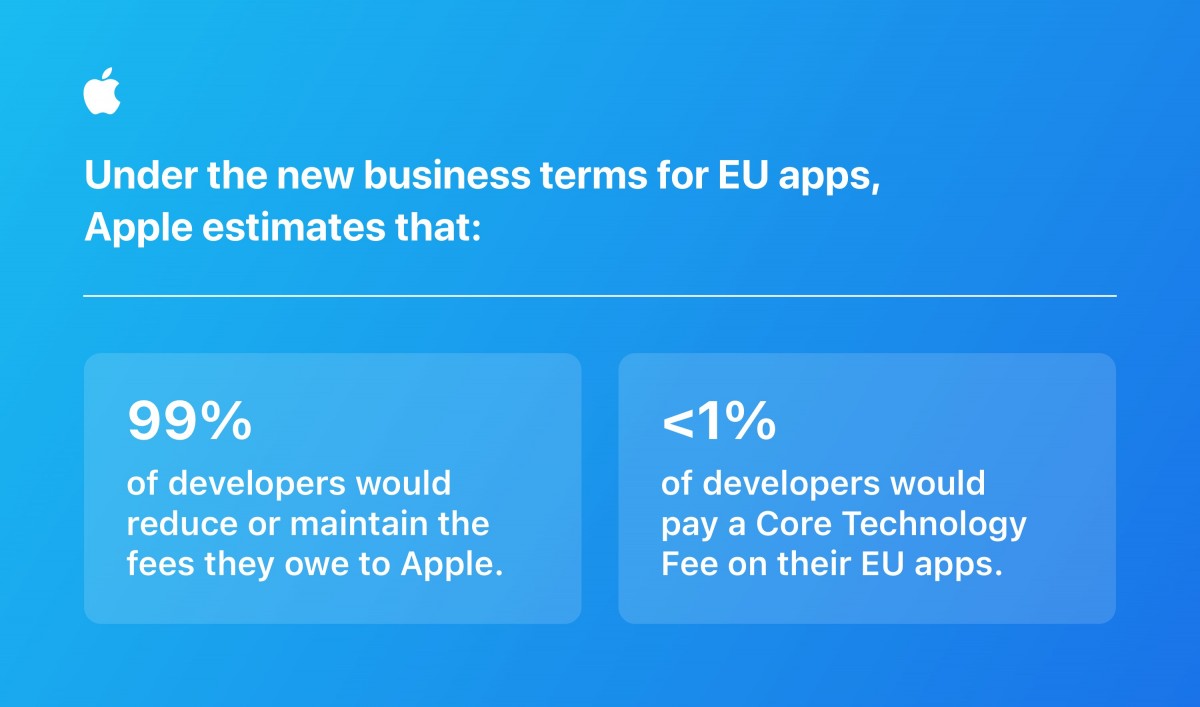Apple has announced today that it’s making major changes to iOS, the App Store, and how browsers interact with iOS as a result of the EU’s Digital Markets Act. In March, iOS 17.4 will arrive in the EU with these changes.
Getting started with browsing would be a good place to start. The default browser can still be another than Safari, but any browser that isn’t Safari must use the WebKit rendering engine. Every browser will be able to use whatever engine it wants in the future. EU iPhone owners will also be presented with a browser choice screen after installing iOS 17.4 for the first time.
Alternate App Store:
Apple is allowing alternative app stores on iOS, which is a much bigger deal. The company has now decided to apply a “baseline review” for all apps. Regardless of where they are distributed, as this will “create new risks” for its users. An automated check is combined with a human review. As a result, users will be able to see at-a-glance descriptions of apps and their functionality before downloading them.
“Marketplace developers” will be authorized by Apple if they commit to ongoing requirements that protect users and app developers. If malware is detected in iOS apps, additional protections will prevent them from being launched.
With the new DMA-forced provisions, Apple notes that it has “less ability” to address risks such as “apps containing scams, fraud, and abuse, or that expose users to illicit, objectionable, or harmful content”. In March, when all these changes take effect, the company plans to share more information with its customers.
Apple will open up NFC on iPhones in the EU so that alternative wallets and banking apps can use tap to pay.
Developers will be able to use payment service providers within their apps, and they will also be able to conduct transactions via link-out, which allows users to purchase digital goods and services on the developer’s external website.
When an app uses alternative payment processing, users will be notified. Additionally, they will receive a notice when they no longer transact with Apple, and when a developer directs them to use an alternative payment processor. In addition, Apple will implement a new app review process to ensure that developers accurately communicate this information.
From now on, iOS apps in the EU will pay either 10% or 17% on digital goods and services. Apps that choose to use the App Store’s payment processing will also be charged a 3% fee. The App Store and alternative app marketplaces will charge €0.50 for each first annual install. Over a 1 million threshold for iOS apps “distributed from the App Store“.








